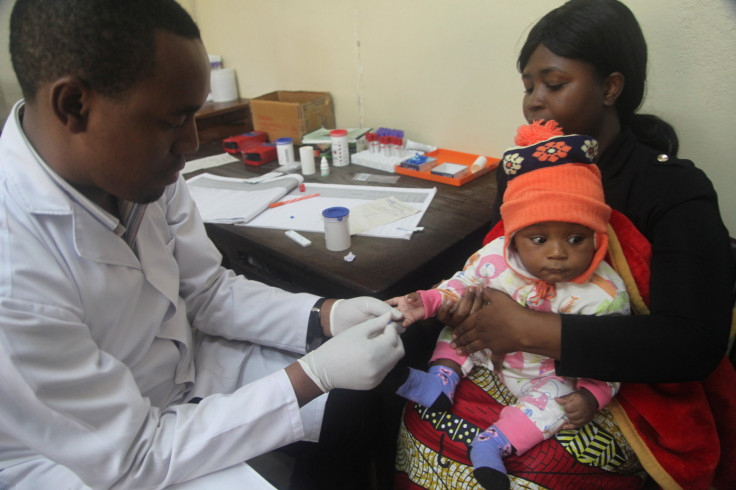Australian scientists find malaria cure; Stimulates immune system to fight disease

Australian scientists have made a malaria breakthrough as they have found a very effective way to cure malaria by stimulating one’s immune system via a synthetic protein. The protein called PD-L2 has been developed by researchers at QIMR Berghofer Medical Research Institute in Brisbane. The malaria cure has been highly effective in mice.
The researchers discovered the protein on the surface of an immune cell that fights off malaria infection. It was found that when mice or humans are infected by severe malaria, PD-L2 levels decrease and this confuses T-cells, essential to immunity. The T-cells stop receiving signals to keep fighting the malaria parasites.
This discovery led the researchers develop a synthetic version of the protein. They administered it in mice injected with a lethal dose of malaria. The result was astonishing.
“All of these mice were cured of the malaria. About five months later, we reinfected the same mice with malaria parasites, but this time we didn't give them any more of the synthetic protein. All of the mice were completely protected and didn't become infected,” Dr. Michelle Wykes from the QIMR institute told News.com.au.
The study, published in the journal Immunity, states that the new discovery will result in effective and long-term treatments for malaria. Moreover, it’s a totally new way to treat malaria that stimulates a person’s immune system to fight off the parasites.
Currently, there are drugs available that treat malaria. However, drug resistance is a major problem, especially in certain parts of Southeast Asia. In 2015, around 438,000 people were killed because of malaria, the World Health Organisation reports. Unborn babies and young children are the most vulnerable. The new treatment option will come as a relief for many.
“This branch of science - known as immunotherapy - is already showing very positive results for treating some cancers, and we hope that it will be just as successful for treating malaria,” Wykes added.





















